- Have any questions?
- +380 (50) 50 73 903
- uapothecary.pharmacy@gmail.com
Agrippa is an antiviral agent for systemic use.
Indications for use
- Agrippa is indicated for adults and children aged 1 year and over who have symptoms of influenza during the period of influenza virus circulation. Efficacy has been demonstrated when treatment is initiated within 2 days of the first onset of symptoms.
- Prevention of influenza in adults and children aged 1 year and older after contact with a person with clinically diagnosed influenza during influenza virus circulation.
- The appropriate use of Agrippa for the prevention of influenza should be determined on a case-by-case basis, taking into account the circumstances and the patient population requiring protection. In exceptional situations (e.g. in cases of discrepancies between the circulating influenza virus and the influenza virus against which vaccination was carried out and during a pandemic), seasonal prophylaxis may be administered to persons aged 1 year and over.
The use of Agrippa does not replace vaccination against influenza.
Composition
- active ingredient: oseltamivir;
- 1 hard capsule contains oseltamivir 75 mg (as oseltamivir phosphate);
- Excipients: capsule contents: pregelatinized corn starch, povidone, talc, croscarmellose sodium, sodium stearyl fumarate; capsule shell: titanium dioxide (E 171), iron oxide yellow (E 172), gelatin.
Contraindication
Hypersensitivity to oseltamivir phosphate or to any component of the drug.
Adverse reactions
In adults/adolescents taking oseltamivir in studies for the treatment of influenza, the most common adverse reactions were nausea and vomiting, and in studies for the prevention of influenza, nausea. In children, the most common adverse reaction was vomiting.
The following serious adverse reactions have been reported rarely during post-marketing use of oseltamivir: anaphylactic and anaphylactoid reactions, liver disorders (fulminant hepatitis, liver function abnormalities and jaundice), angioedema, Stevens-Johnson syndrome and toxic epidermal necrolysis, gastrointestinal bleeding and neuropsychiatric disorders.
Method of application
For oral use. Patients who are unable to swallow a capsule may receive appropriate doses as oseltamivir suspension.
Adults and adolescents aged 13 and over
Treatment. The recommended dosage regimen of Agrippa is 1 capsule of 75 mg 2 times a day orally for 5 days for adults and adolescents (13-17 years) with a body weight of more than 40 kg.
For patients with weakened immunity (adults and adolescents (13-17 years old) with a body weight of more than 40 kg), the recommended dosage regimen of the drug Agrippa is 1 capsule of 75 mg 2 times a day orally for 10 days.
Treatment should be started as early as possible, within the first two days of flu symptoms.
Post-exposure prophylaxis. The recommended dose of Agrippa for the prevention of influenza after close contact with an infected person is 75 mg orally once daily for 10 days in adults and adolescents (13-17 years) weighing more than 40 kg, including immunocompromised patients (adults and adolescents (13-17 years) weighing more than 40 kg). Treatment should be started as soon as possible within two days of contact with an infected person.
Prevention during seasonal influenza epidemics. The recommended dose for prevention during an outbreak of seasonal influenza epidemics is 75 mg once daily for 6 weeks.
Children aged 1 to 12 years
Treatment. The recommended dosage regimen for Agrippa is 1 capsule of 75 mg twice daily orally for 5 days for children over 1 year of age with a body weight of more than 40 kg who are able to swallow the capsule.
For immunocompromised children aged 1 year and over with a body weight of more than 40 kg who are able to swallow a capsule, the recommended dosage regimen for Agrippa is 1 capsule of 75 mg 2 times a day orally for 10 days.
Treatment should be started as soon as possible, within the first two days of flu symptoms.
Post-exposure prophylaxis. The recommended dosage regimen for Agrippa is 1 capsule 75 mg once daily orally for 10 days for children aged 1 year and older with a body weight of more than 40 kg (including immunocompromised children) who are able to swallow the capsule, for prophylaxis after contact with a person with influenza.
Application features
Use during pregnancy or breastfeeding
If necessary, the use of oseltamivir during pregnancy may be considered based on available safety and benefit information, as well as the pathogenicity of the circulating influenza virus strain.
Oseltamivir may be considered if there is a clear potential benefit to the breastfeeding woman.
Children
Available safety information on the use of oseltamivir for the treatment of influenza in children aged 1 year and older, obtained from prospective and retrospective studies and observations, as well as data from an epidemiological database and post-marketing use, indicate that the safety profile in children aged 1 year and older is comparable to the established safety profile in adults.
Used in children over 1 year of age with a body weight of more than 40 kg who are able to swallow the capsule.
Ability to influence reaction speed when driving vehicles or other mechanisms
The drug does not affect the reaction speed when driving vehicles or other mechanisms.
Overdose
Reports of overdose with oseltamivir have been received during clinical trials and during post-marketing use of the drug. In most cases of overdose, no adverse reactions were reported.
Adverse reactions reported in overdose were similar in nature and distribution to those observed with therapeutic doses of oseltamivir (see section “Adverse reactions”).
Specific antidote is unknown.
Children: Overdose has been reported more frequently in children than in adults and adolescents. Caution should be exercised when administering oseltamivir to children.
Storage conditions
The medicine does not require any special storage conditions. Keep out of the reach of children.

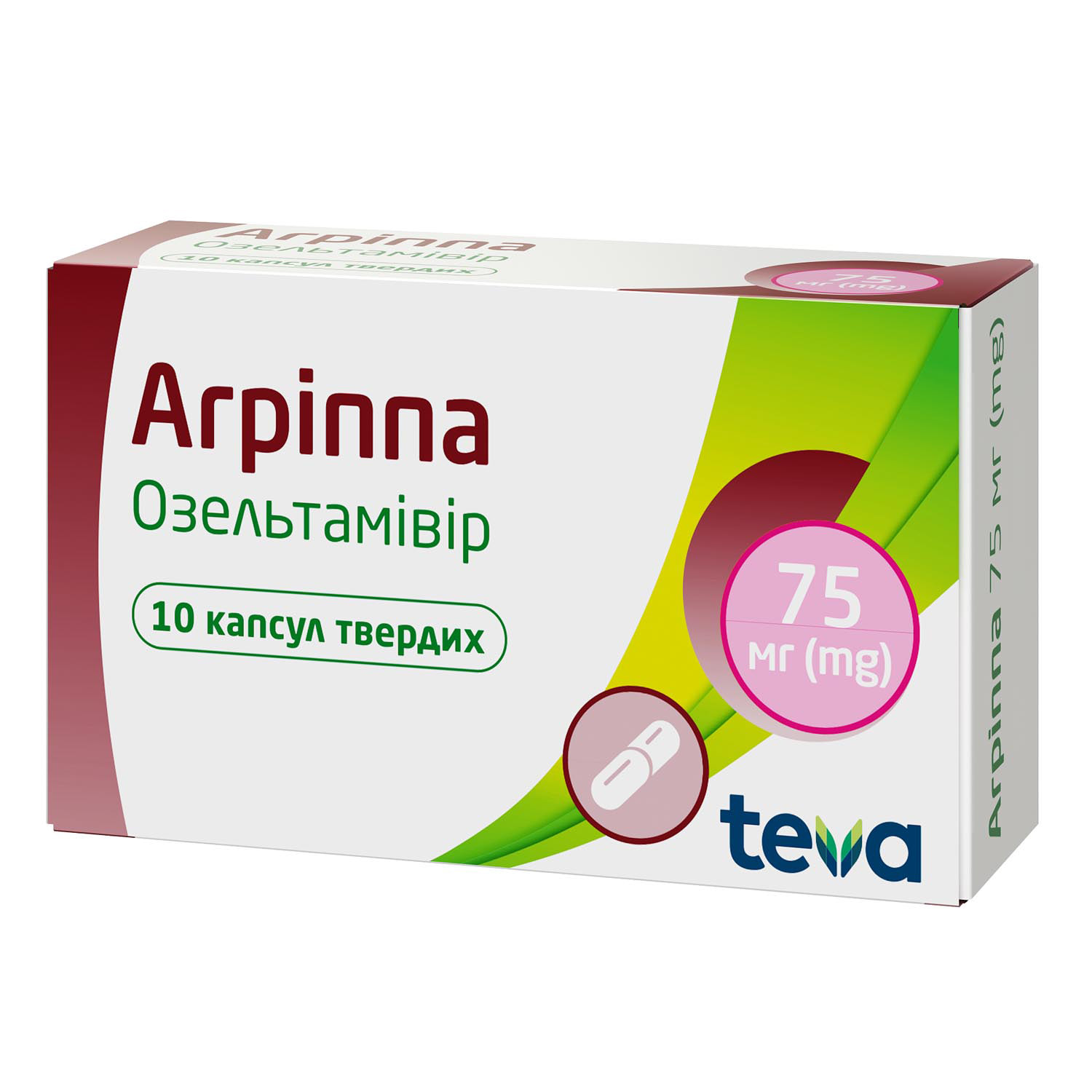
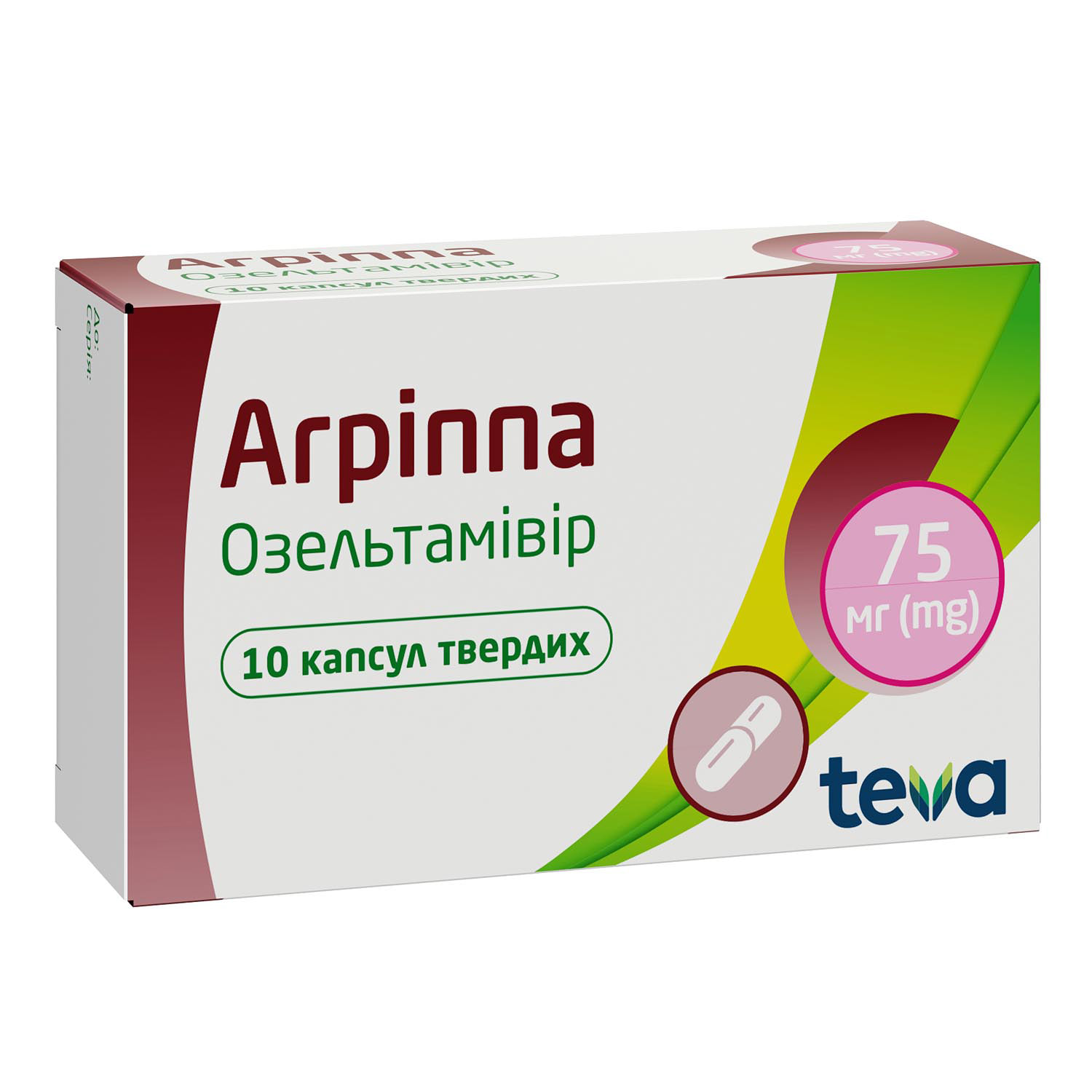
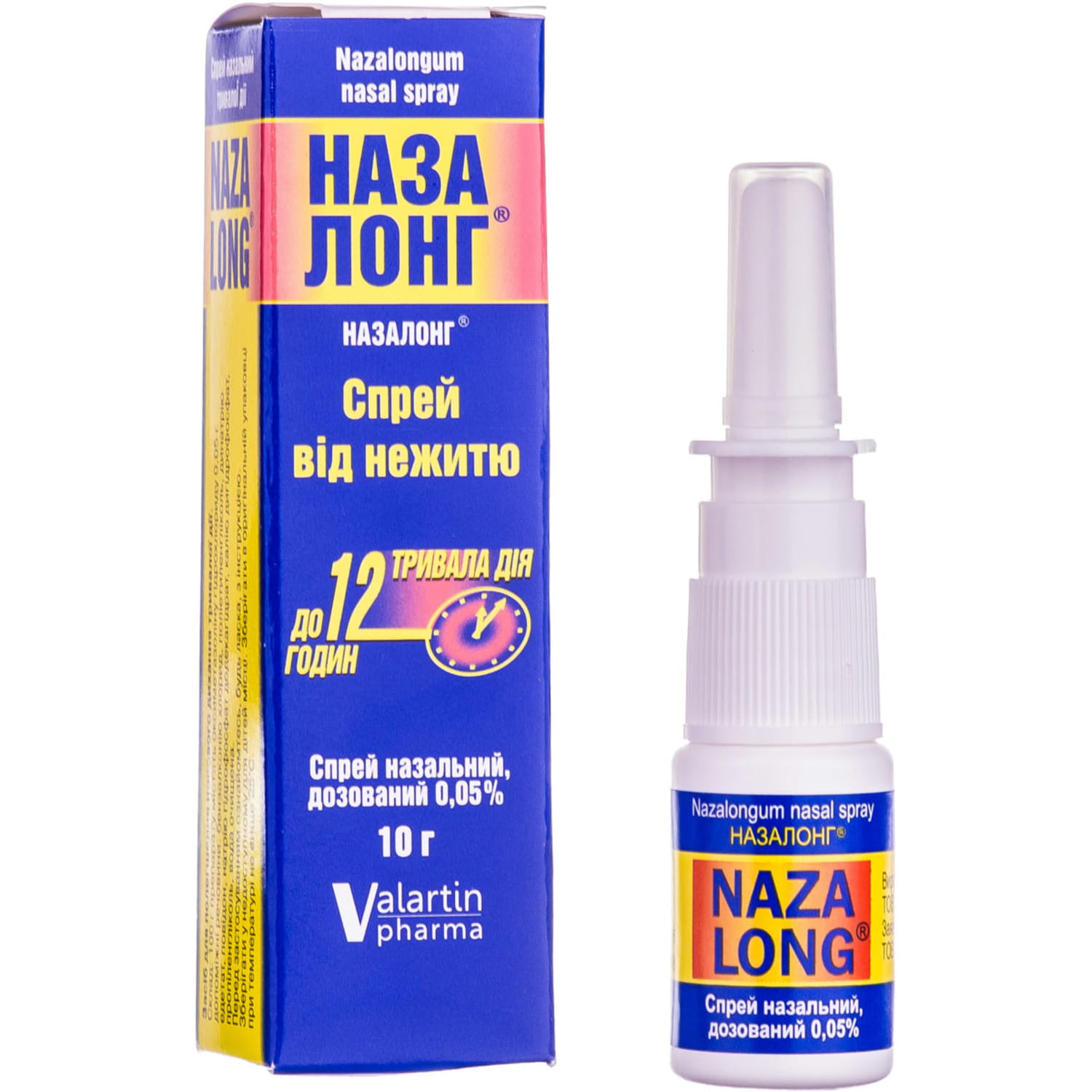
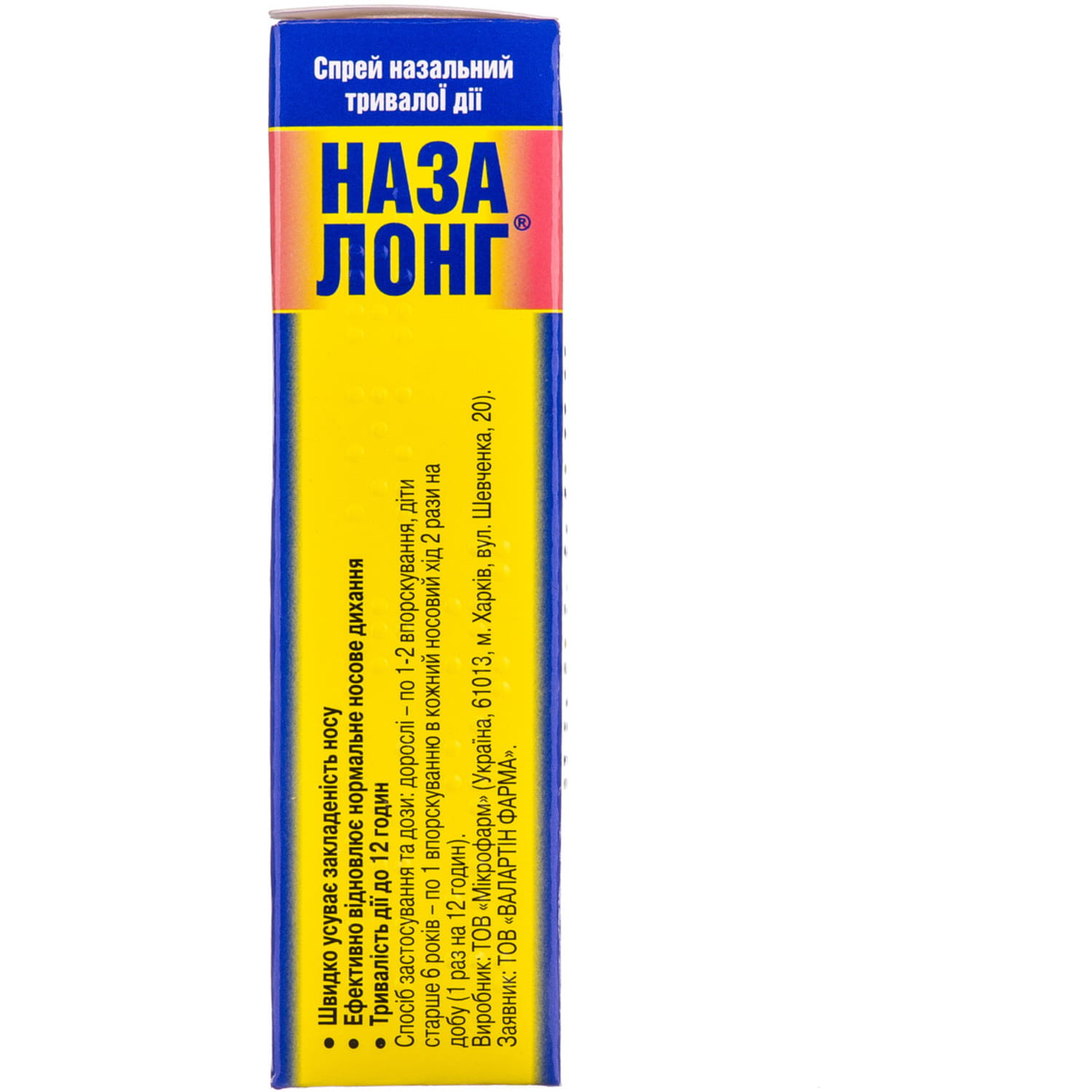
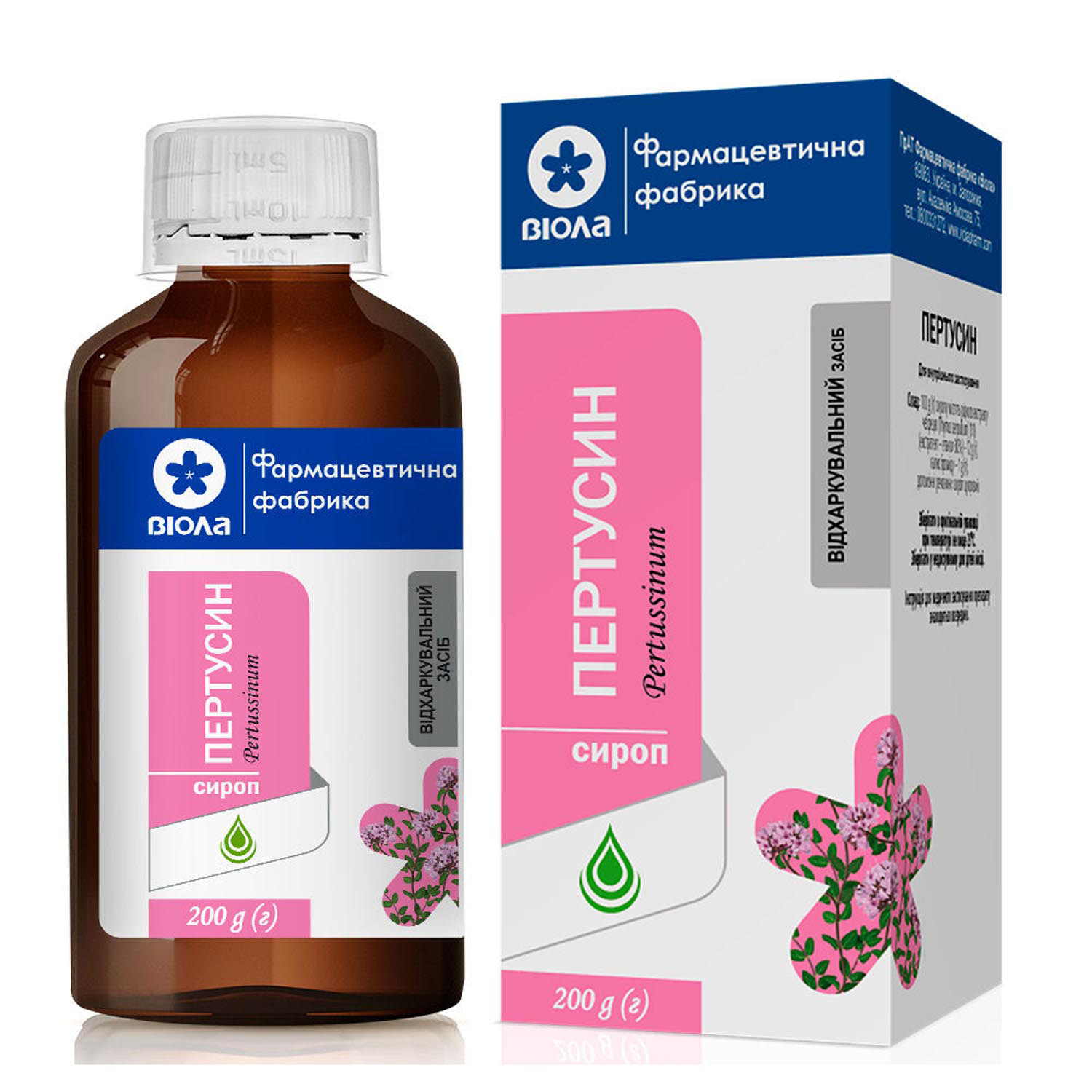
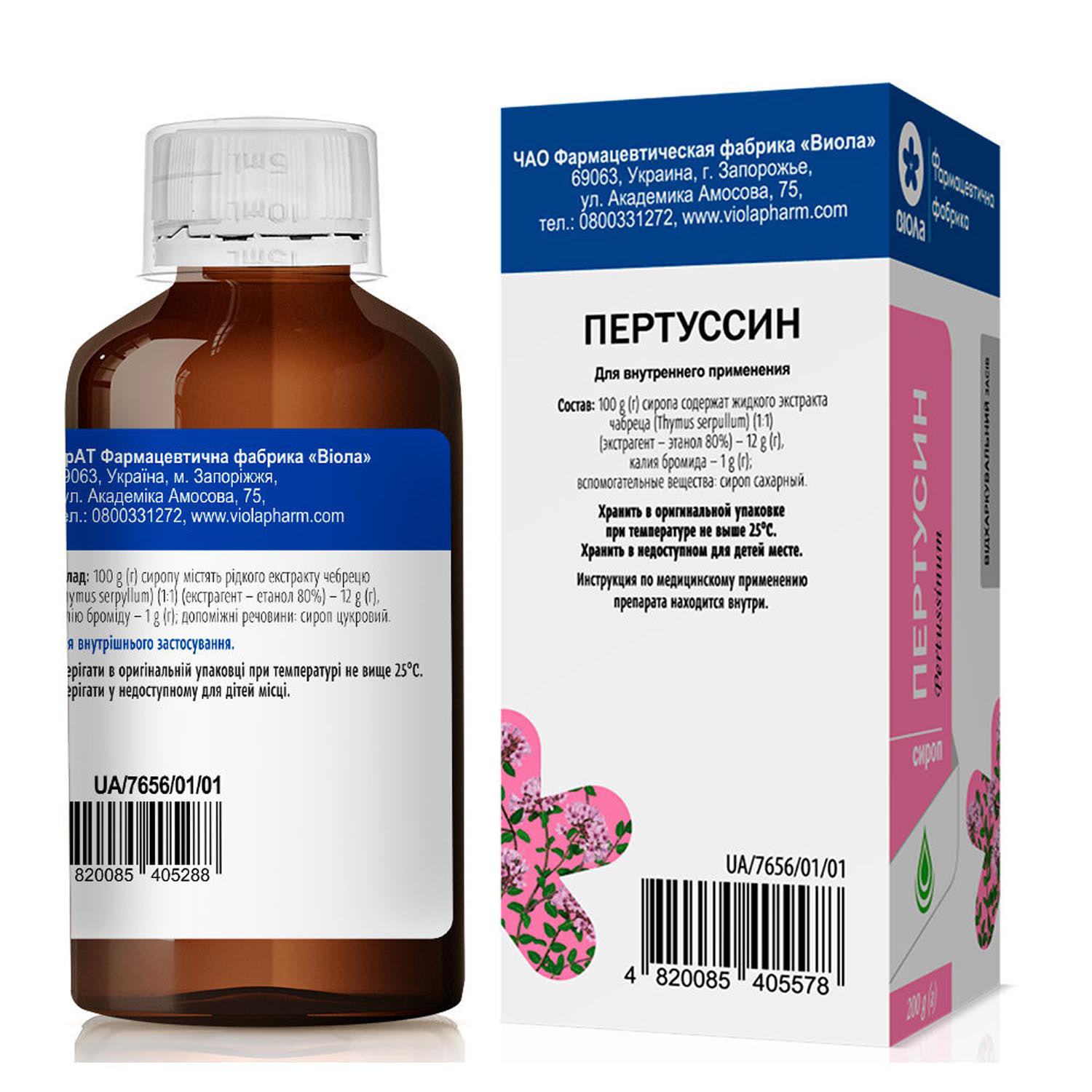
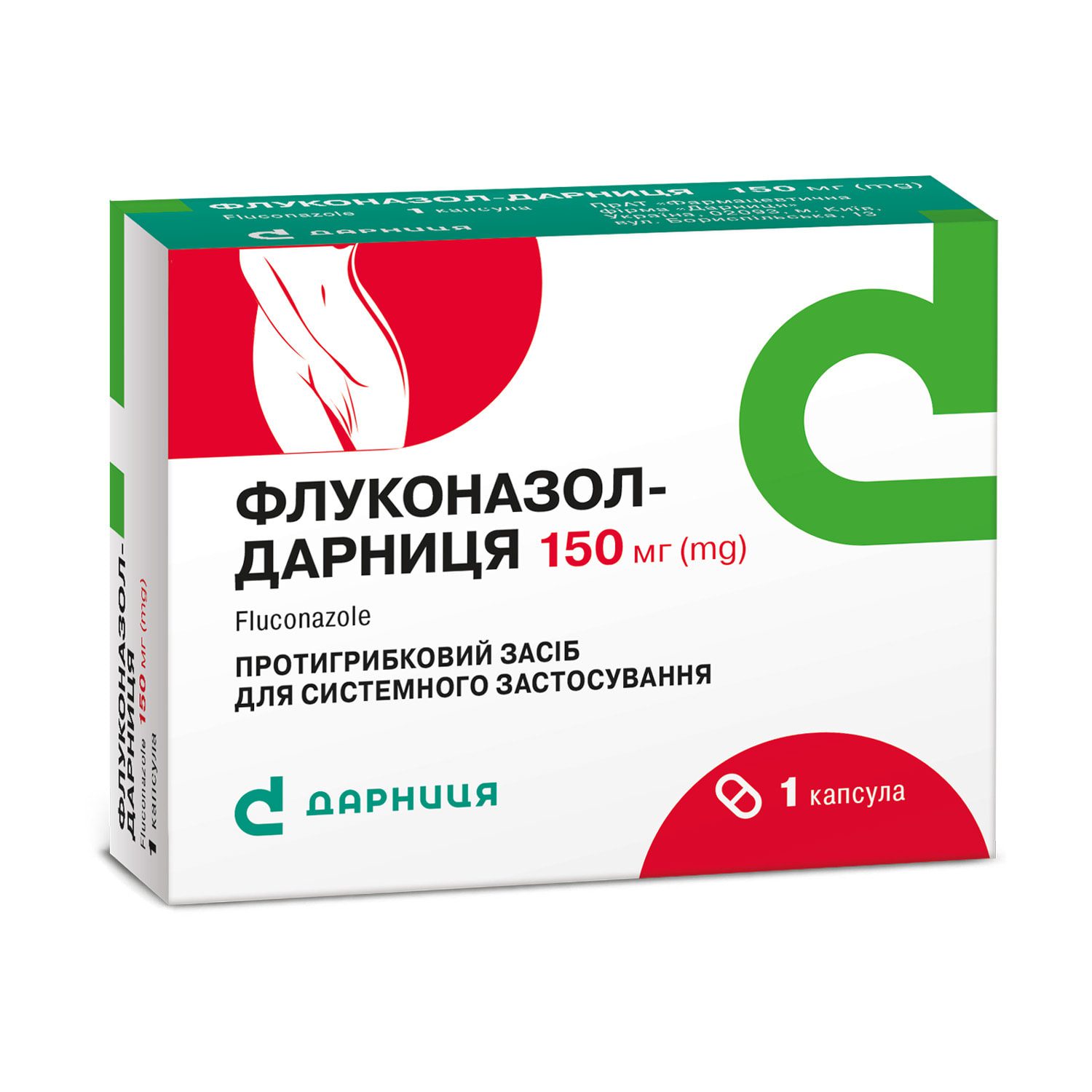
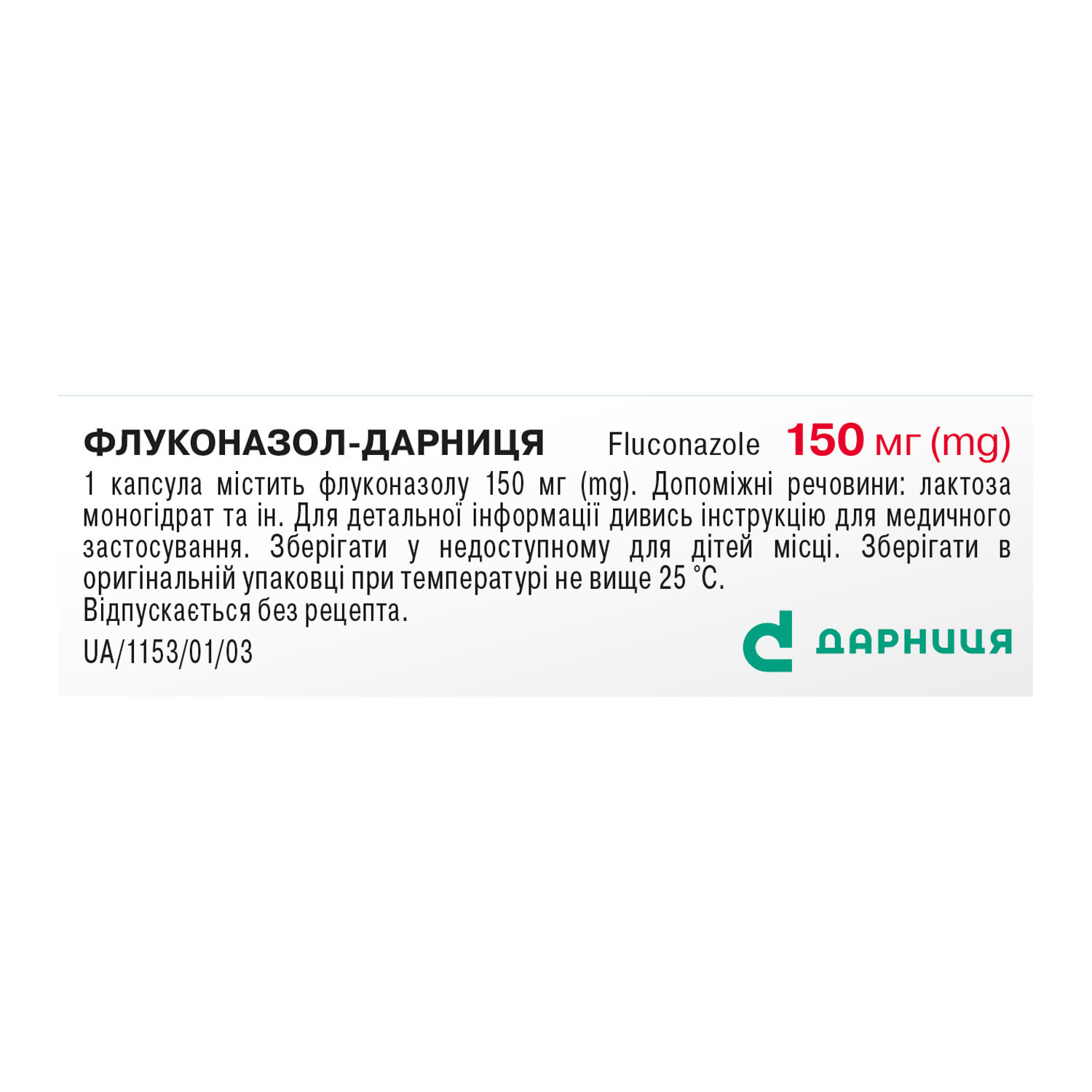
Reviews
There are no reviews yet.